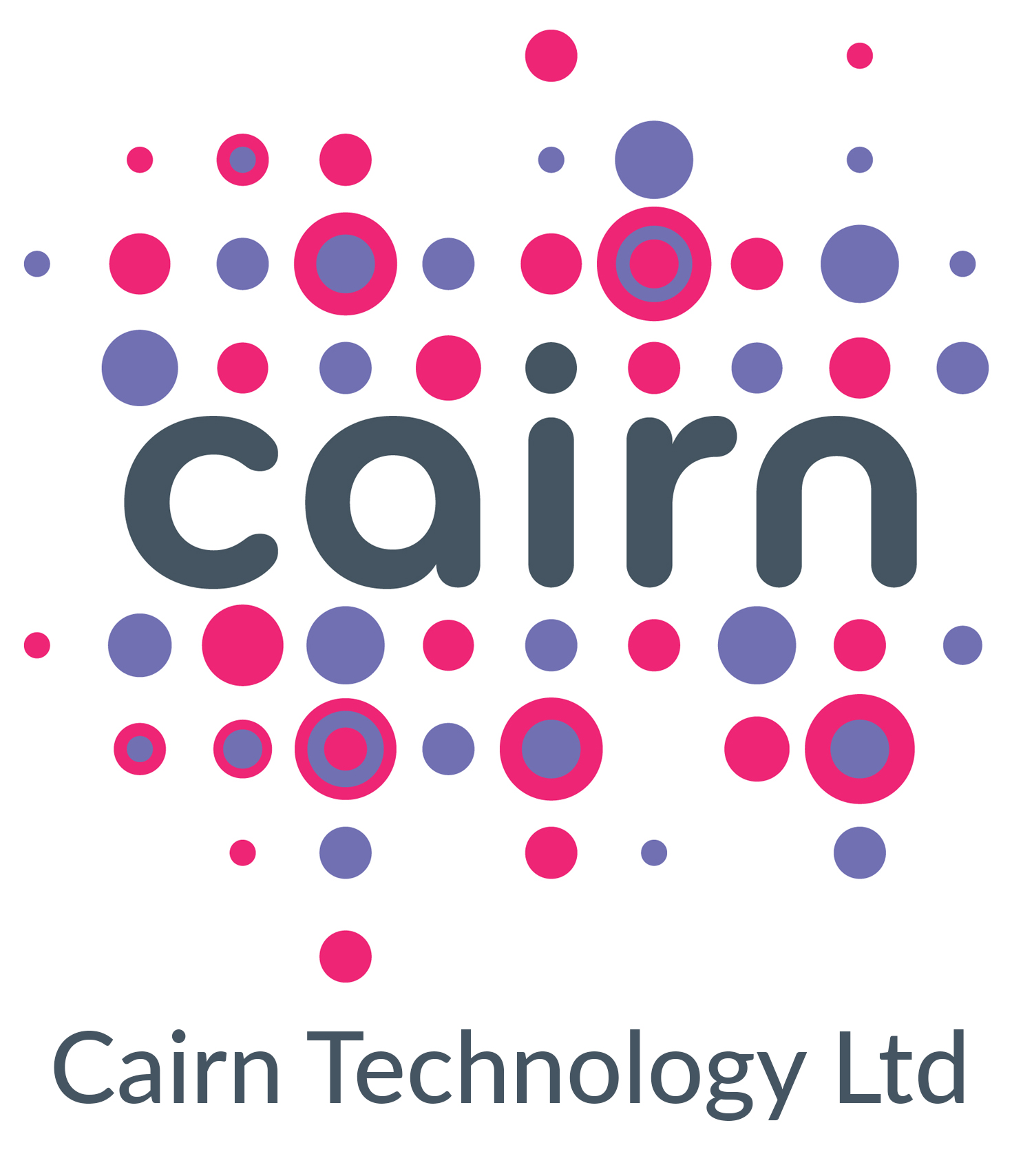Poor Air Quality in the Workplace: Is it Safe?
This week, Transport for London announced that it will be introducing air filters on 100 London buses to help stop the spread of COVID-19 after 26 London transport workers have died from the disease.
The filters were originally designed to tackle air pollution but have been repurposed to remove 95% of airborne particles, including those carrying the virus.
Improving Air Quality with Air Purifiers in the Workplace
It seems that the organisation is one of the first to use this technology to safeguard its workforce and customers, however it is anticipated that thousands of businesses will follow suit, investing in air purifiers to prevent the spread of viruses and bacteria amongst staff.
More often than not, humans are the main source of airborne diseases in the workplace. When someone sneezes or coughs, tiny water or mucous droplets filled with viruses or bacteria scatter, easily entering the air, and then entering your lungs, making you ill. Even without a cough or sneeze, germs can travel up to six feet away. Some viruses stay suspended in the air for hours.
Reducing Staff Sickness Through Air Quality and Ventilation
In the months and years to come, in the wake of the COVID-19 crisis, businesses are likely to take the health and wellbeing of employees more seriously and implement additional measures to safeguard their workforce. Crowded conditions with poor air circulation, like public transport and office environments, make it easy for viruses like colds and flu to spread.
Research shows that airflow and ventilation can dramatically impact how diseases spread indoors. The more stagnant the air in your workplace is, the more likely diseases are to spread.
How to Introduce Air Purifiers to the Workplace
Blueair air purifiers have been advocated for use in the workplace for a number of years. Testing by the accredited CAS Test Technical Services measured a 99.99% removal rate of the 12 most common viruses and bacteria by the Classic 280i, Classic 480i and Classic 680i, including swine flu (H1N1), E. coli, and Enterovirus (EV71).*
Not only do Blueair purifiers capture harmful airborne viruses and bacteria, but the proprietary HEPASilent™ technology actually kills germs. Internal tests measured 99% of germs were killed by the Blueair Classic family – leaving the bacteria and viruses unviable and unable to reproduce.
It is a relatively simple step – simply plug it in and let it do its thing, but it could make a huge difference to businesses and we anticipate a huge increase in demand over the coming months.
Find out more about our Blueair air purifer range or get in touch to discuss your requirements.



